Benefits of Agile Methodology
What is the best software development model or method? Simple and ostensibly well-meaning queries like that invite the stock consultant and the answer is “It depends.”
The truth is that all methods offer different benefits, especially for DevOps professionals. The most feasible ones likely will hinge upon several project-related factors that include:
- Security
- Complexity/number of moving parts
- Budget
- Time frame
- Type of application/development project
Let us not forget critical organizational factors such as:
- Other organizational priorities
- Culture/internal politics
- Employee skills
- Regulatory environment
- Industry
Project Management:
With multiple independent variables at play, it is not difficult to understand why trite project management expressions such as “It’s all about execution” almost always fail to hold water. Even well-crafted methodologies can easily fail and plans often go awry. New technologies don’t implement themselves.
Still it is fair to say that agile methods, such as scrum, have caught on in the DevOps world for a simple reason that is “They often work”.
The study revealed an average of 26% improvements in cost, 71% improvements in schedule, and 122% improvements in productivity performance. Quality improvements averaged 75%, and customer satisfaction improvements averaged 70%. More than 29 of these studies had the data necessary to estimate an average return on investment (ROI) of 2,633%.
In 26 of these studies, more than 726 programmers yielded an average productivity of more than 21 lines of code per hour. This is roughly 10 to 20 times the productivity rate associated with traditional methods. In 21 of these studies, more than 323 programmers yielded an average defect density of about two defects per thousand lines of code.
Two Companies, Two Different Results
Two companies may see dramatically different results even if using essentially the same technology. For example, consider XYZ, a stodgy organization with provincial employees new to agile methodologies. XYZ will not realize the same advantages as a progressive, more experienced organization such as Google, which began using scrum on distributed projects no later than 2008.
Benefits of Agile:
Okay, enough wavering, what are the potential benefits of Agile methods for DevOps folks?
- Deliver early and often. The payoff for waterfall-based projects takes place at the end, if at all. They call them Big Bang projects for a reason. Conversely, Agile projects are like financial options that can be exercised via early deployment or when conditions allow. Additionally, organizations can realize benefits far earlier than with waterfall methods.
- Detect errors earlier. When buying a house, it’s better to find a crack in the foundation as early as possible, not after you sign the mortgage. The same principle applies with software development.
- Facilitate collaboration among DevOps and IT business. By working together early and often, Agile methods can foster better working relationships among everyone involved, bridging the IT business divide that plagues so many traditional “IT projects.”
- Achieve greater visibility and transparency. Agile deployments produce actual working software every few weeks. They enable the demonstration of that software to stakeholders. Against this backdrop, managers have a much more accurate view of many things including progress (% of functionality completed) and whether the product will meet expectations and quality.
Whatever method your organization is using, the fact is different methods offer different benefits. At the end of the day, DevOps isn’t a magic solution, and it isn’t about using any 1 method. It’s about accelerating software delivery and business innovation which needs a transformation of both culture and approach for development and operations groups.
Conclusion:
All these factors combine to make agile methods more productive than traditional methods. Agile methods result in lower maintenance and total life cycle costs due to greater productivity and efficient defect removal. On average, Agile methods are about 25 times more efficient than traditional methods.
Clarity is proud to have been providing DevOps Consultancy and helping companies implementing CI/CD Culture to North America for many years, including with clients worldwide offering our unified communications platform. Clarity Technologies Group, LLC surpasses expectations!


Call Clarity at 800-354-4160 today or email us at [email protected]. We are partnered internationally around the globe and we are open seven days a week 8:30 AM to 5:00 PM EST/EDT. http://45.33.92.219 and https://dotmantech.com.
[mc4wp_form id=”314″]


